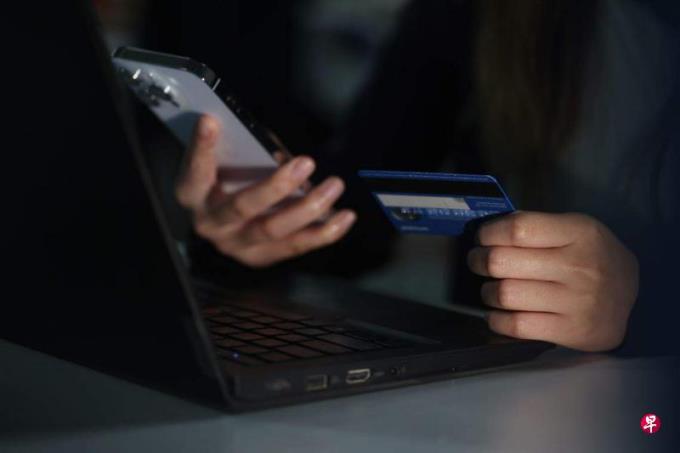
In recent years, a very weird phenomenon has appeared around us.
On the one hand, our physical society is still in good order.According to Gallup's law and order index, Singapore is the safest country in the world; surveys of Sunlight AFA also show that as high as 92%of respondents believe that it is safe to walk on the streets of Singapore alone at night.
However, as soon as you come to the Internet world, the situation starts to adjust.There are only 66%of the respondents who think that they can avoid injuries; Microsoft's global security survey this year shows that Singapore is actually listed as one of the top five countries that are most likely to encounter online risks.
Tang Zhenhui, the Minister of Culture, Community and Youth and the Second Minister of the Ministry of Justice, shared the above data on a legal science and technology forum on September 21, and pointed out that the 10,000 thousand thousand worlds we are currently in the two worlds are currently we are ininside.
In terms of personal experience, recently, you will receive calls, text messages and messages on social media, communication applications, and mobile phones every day.These are easy to do, using the "three no" laws to maintain security -not to connect strange telephones, no unknown links, and no personal information.
However, the scams are stacked, and it is difficult to protect it for a day.Recently, a 51 -year -old woman downloaded a software to buy 29 month cakes. Unexpectedly, it was a malicious software and was transferred to nearly 80,000 yuan.
Women said that they were cheated and had a certain responsibility, but the bank did not find the account's abnormal time in time, and it should be responsible.This sentence said the voices of the victims of countless Internet fraud cases.
Recently, Lin Ruilian, chairman of the Workers' Party and a member of the Ayuni Collection District, proposed a break in Congress to discuss how to treat bank customers who are damaged due to fraud and malware.She believes that the scam techniques have become increasingly complicated, and consumers have not enough ability to fight. Singapore can consider the practice of Britain's implementation. Unless there are special reasons, banks should fully compensate the victims of fraud.
In summary, who should pay for the loss of fraud?
In this regard, Chen Shenghui, the Minister of Culture, Community and Youth Ministry of the Ministry of Trade and Industry, the director of the director of the Financial Administration, believes that it must be balanced and sympathetic.It will weaken the alertness and personal responsibility of bank users.
Wool is on the sheep. Although banks can compensate the victims of fraud, they can also pass on risk costs. In the end, it may be that all consumers pay for a few victims.
According to the latest white paper of Feedzai, the anti -fraud technology service provider of the financial industry, the ranks of orders should be further expanded, including a large technology platform that directly connects victims and scammers.This is like who has contaminated the ocean and the environment in the oil leakage accident of the ship.The premise is that if the bank does not want to be responsible, it must prove the source model of the fraud case and the process of tracking the entire fraud case.
Of course, it is difficult to discuss after the perspective of the post -engaging angle and cannot solve the problem from the fundamental.Perhaps the development of compensation frameworks and science and technology anti -fraud can be more expected.The HKMA will start public consultation on the framework of the fraudulent case next month. First of all, focus on online fishing fraud.
In terms of science and technology, the main local retail banks led by Overseas Chinese Bank began to set up anti -fraud detection functions for its mobile phone applications to protect customers' mobile phones from malware invasion.This week, the Singapore Police Force also announced the official with the six banks to use the automation robot process technology to identify potential victims, successfully prevented more than 4,000 from being deceived, avoiding more than 17.1 million yuan in losses.
There are all signs that we are dealing with cyber fraud in a more upstream and more cure, reducing the painful price of social efforts.
Back to the huge gap between the two worlds in Singapore, I hope that our "Internet streets" in the future can be like a physical street, and walking in the middle of the night is not surprising.



